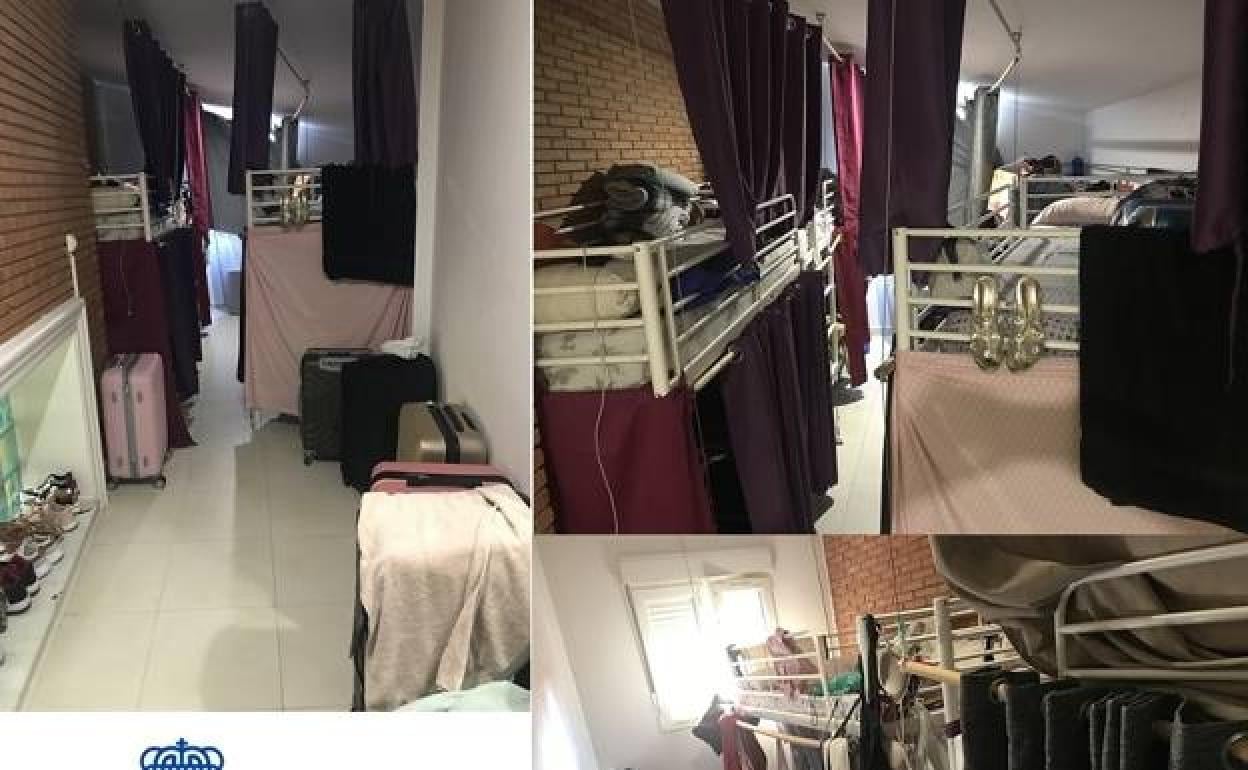Prison for Rincón de la Victoria brothel gang
The police investigation revealed that the organisation was working under the cover of a tourist accommodation company to hide the economic activity
It all took place in a villa in Rincón de la Victoria which, from the outside didn’t look like a brothel. However, it was little more than a prison for the more than 300 women who, for five years, were forced to work as prostitutes for 21 days in a row and 24-hours a day without rest.
The National Police have arrested twenty people at different stages of the investigation for their involvement in crimes of human trafficking, drug trafficking, money laundering and criminal organisation. At the end of May 2021, the first nine arrests were made, and the courts ordered the imprisonment of eight of those allegedly involved in the network.
In July of this year, the last arrests were made, dismantling a criminal organisation. Officers had been following them for two years, suspecting that they were sexually exploiting the victims in the house, which was set up as a club with a much higher turnover than the majority of the province of Málaga. In the last five years it reached a turnover of more than 1,280,000 euros.
Mainly South American
According to sources consulted, the women who stayed in the house had to be available 24 hours a day and were mainly foreign, especially from South American countries. Most of them were living in Spain illegally.
The victims were also forced to be “facilitators” of drugs; mainly cocaine and Viagra, which were obtained, processed and distributed by the same organisation.
The police investigation revealed that the organisation was working under the false identity of a tourist accommodation company to hide the economic activity derived from the sexual exploitation and the sale of drugs in the Rincón brothel.
For this purpose, the alleged ringleader and his closest collaborators created a company that they would later expand with two other front companies. In this way, they channelled the payments they received at the point of sale terminals (POS) installed in the club to the bank accounts of the main company.
In this way, the investigators concluded, they managed to invoice more than 1,280,000 euros in five years. This money, in turn, was allegedly used to simulate the purchase of goods and services between the three companies.

